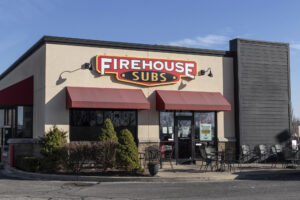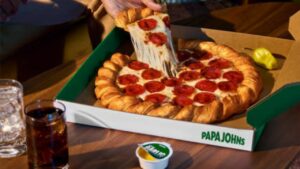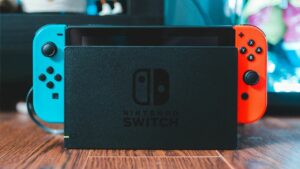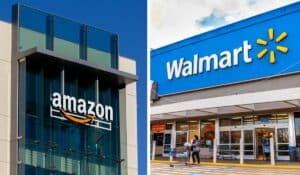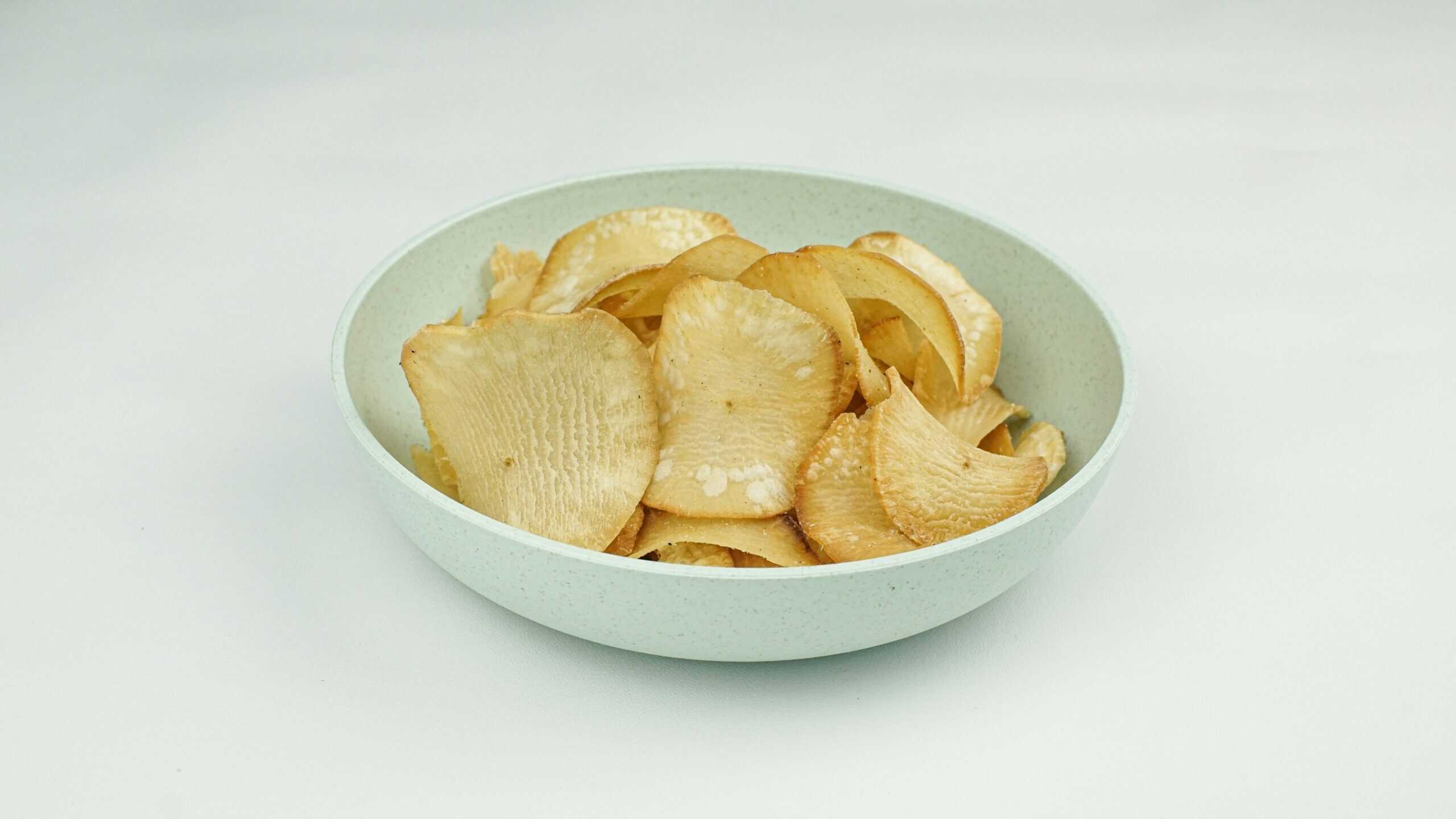
Photo courtesy of Zulfahmi Al Ridhawi on Unsplash
New SNAP Restrictions Could Ban Soda, Junk Food in Some States
April 22, 2025
Several Republican-led states are seeking to restrict the purchase of soda and junk food by Americans using Supplemental Nutrition Assistance Program (SNAP) benefits.
This effort is part of the broader “Make America Healthy Again” (MAHA) campaign, which focuses on encouraging healthier eating habits among low-income Americans, according to CBS News. Arkansas, Idaho, and Indiana are pushing to prohibit the purchase of soda and candy using government food benefits. Collectively, these three states account for approximately 1 million SNAP recipients out of the 41.7 million participants enrolled in the program nationwide.
The Arkansas waiver would ban soda, candy, and other junk foods from the SNAP program. It would also allow participants to buy a rotisserie chicken, an exception from the plan’s hot foods ban.
“Taxpayers are subsidizing poor health,” said Arkansas Governor Sarah Huckabee Sanders, as reported by CBS. “We’re paying for it on the front end and the back end. That’s not a nutrition program. It’s actively harming Arkansans’ health and contributing to our nation’s mountain of debt.”
A ban on using #food stamps for candy and soda has been touted by supporters as a way to push healthier choices and bring the program in line with its intended purpose, but opponents fear it’s part of a plan to eventually eliminate the program.https://t.co/R5c5H3PdUO
— FarmPolicy (@FarmPolicy) March 24, 2025
Per Politico, it’s argued that these proposed restrictions will improve overall public health and reduce taxpayer spending on health-related issues linked to poor diets. However, critics believe bans could stigmatize SNAP recipients and may not effectively change dietary behaviors. They also raise concerns about the administrative challenges of implementing and enforcing these restrictions.
Historically, the USDA has not approved state-level restrictions on SNAP purchases. However, the current administration has indicated a willingness to consider such waivers, potentially setting a precedent for the future.
Can the Government Tell SNAP Recipients What To Eat?
Several states are seeking to restrict Supplemental Nutrition Assistance Program (SNAP) benefits from being used to purchase items like soda and candy. While these efforts aim to promote healthier eating habits, they raise questions about the federal government’s authority to dictate food choices for SNAP recipients.
SNAP, administered by the U.S. Department of Agriculture (USDA), currently allows recipients to purchase most food items, excluding alcohol, tobacco, and hot prepared foods, per the USDA Food and Nutrition Service. However, states like Arkansas, Indiana, and Idaho have requested waivers to ban the purchase of sugary drinks and snacks with SNAP benefits, citing health reasons.
According to AP News, Robert F. Kennedy Jr., the secretary of Health and Human Services (HHS) under the Trump administration, said in February, “The one place that I would say that we need to really change policy is the SNAP program and food stamps and in school lunches. There, the federal government in many cases is paying for it. And we shouldn’t be subsidizing people to eat poison.”
“Research has shown the benefits of incentives in helping shoppers obtain foods for a healthier diet,” Stephanie Hodges, a dietitian at The Nourished Principles, told The Food Institute. Hodges believes it is very unlikely that people will use the funds in the way several states are proposing.
“When we think of consumer shopping behavior, even our own, we aren’t replacing a soft drink or a candy bar with an apple or a head of broccoli,” Hodges added. “Banning certain beverages, foods, or food groups without providing incentives for healthier food options, is not going to have the impact that many policymakers think it will on health and nutrition.”
These are the items currently available for SNAP recipients to purchase:
- Fruits and vegetables
- Meat, poultry, and fish
- Dairy products
- Breads and cereals
- Snack foods, non-alcoholic beverages
- Seeds and plants
SNAP recipients cannot use their benefits to purchase the following items:
- Beer, wine, liquor, cigarettes, or tobacco
- Vitamins, medicines, and supplements
- Foods that are hot at the point of sale
- Any nonfood items such as pet foods, cleaning supplies, paper products, and other household supplies
Recent News

